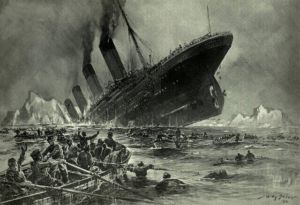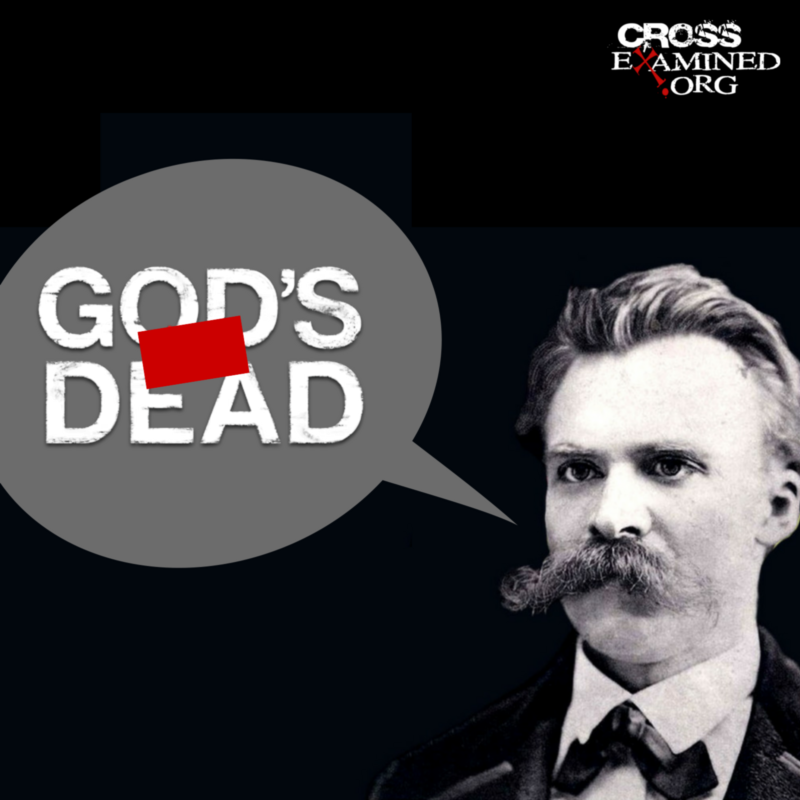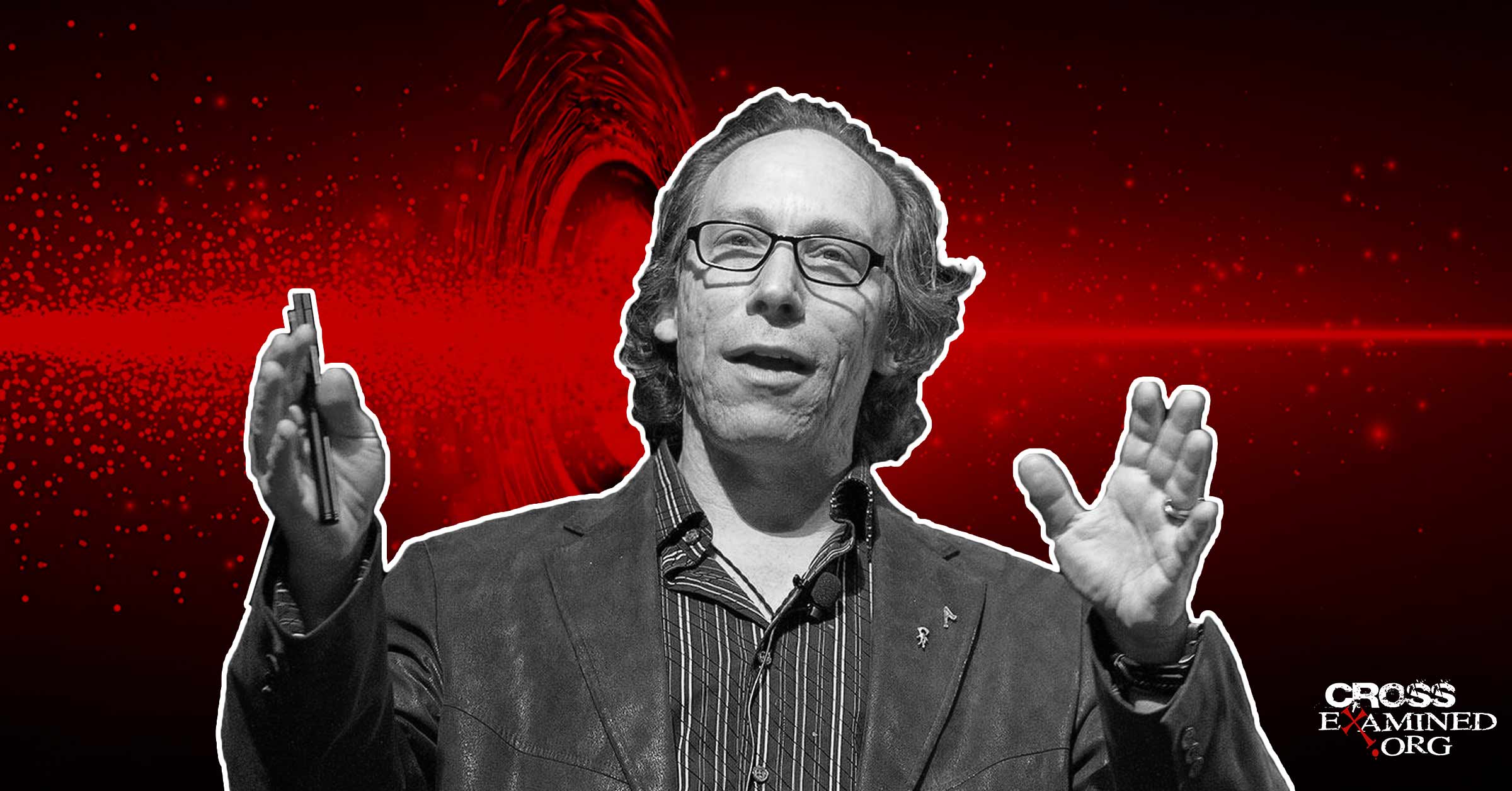A Titanic Failure: Never Learning from Our Past
Rulers, Statesmen, Nations, are wont to be emphatically commended to the teaching which experience offers in history. But what experience and history teach is this, – that peoples and governments never have learned anything from history, or acted on principles deduced from it.
~ Georg Wilhelm F. Hegel, from his lectures, On the Philosophy of History (1837)
Just recently my son has become keenly interested in the story of the Titanic, the steam ship which hit an iceberg and sank in the Atlantic on April 14, 1912. These past few days we have watched a number of very interesting documentaries, some of which recount eyewitnesses to the disaster who were passengers on board the night it sank. On board the ship that fateful night were some of the world’s most famous and prominent people – among them were the American millionaire John Jacob Astor IV and his wife Madeleine Force Astor, industrialist Benjamin Guggenheim, Macy’s department store owner Isidor Strauss and his wife Ida among many others. Throughout the documentaries there were historians and letters cited from people who lived at the opening decades of the 20th century. Historian Carroll Quigley in his book Tragedy and Hope: A History of the World in Our Time writes that, “The 19th century was characterized by (1) belief in the innate goodness of man, (2) secularism, (3) belief in progress, (4) liberalism, (5) capitalism, (6) faith in science, (7) democracy, (8) nationalism.”[1]
Although most people today think of the Titanic as the award-winning movie of 1997, in 1912 it was the symbol of the hopes and dreams of thousands of people around the world. For the wealthy it represented the pinnacle of technology and the triumph of science, to the poor, it represented a chance for a new life in America – itself a symbol of hope for millions of immigrants. On the evening of April 15, 1912 the huge ship struck an iceberg ripping open a huge section of the hull. In 2 hours, 40 minutes it was on the bottom of the Atlantic. 1,514 lives were lost. The world was in shock.

Sinking of the R.M.S. Titanic, April 15, 1912
The sinking of the Titanic was the first of several shocks the world of the early 20th Century would receive. Just two short years later, (July, 1914) for the first time in history, the entire world would be engulfed in the First World War. In 1918 when the war ended, over 10 million Allied & Central command soldiers were dead, not including civilians. The results of WWI set in motion the gears which led to the Second World War when Adolf Hitler invaded Poland in 1939.[2]
WW I also had a profound effect on some of the greatest artists (Picasso, M. Duchamp, etc…) and literary minds of the 20th century. Among them was J.R.R. Tolkein whose Lord of the Rings series came right out of his gruesome experiences of fighting in the trenches on the Western Front. One of his biographers makes a telling comment. He writes:
This biographical study arose from a single observation: how strange it is that J.R.R. Tolkein should have embarked upon his monumental mythology in the midst of the First World War, the crisis that disenchanted and shaped the modern era.[3]
“The crisis that disenchanted and shaped the modern era…”
What can we learn from this and the other tragedies of the last century?
QUESTIONS TO PONDER
In conclusion, I would like to ask if there are any lessons we can learn from these opening decades of the 20th Century? Are we, in the 21st Century, still clinging to 19th century ideals which lead to the disillusionment of so many? I assert that we certainly are. We are holding on to at least three of them and we are once again setting ourselves up for even greater disillusionment or even worse:
(1). Belief in the innate goodness of man. (Is human nature basically good?)
“The belief in the innate goodness of man had its roots in the eighteenth century when it appeared to many that man was born good and free but was everywhere distorted, corrupted, and enslaved by bad institutions and conventions. As Rousseau said, Man is born free yet everywhere he is in chains.
Obviously, if man is innately good and needs but to be freed from social restrictions, he is capable of tremendous achievements in this world of time, and does not need to postpone his hopes of personal salvation into eternity.”[4]
If the Twentieth-Century and our own experience has taught us anything, it is that man is not innately good – but has a fallen nature. People automatically don’t do the right thing and despite all of their valiant efforts[5], atheists & materialists fail to ground absolute goodness in reality. Similarly, if there is no God – no absolute standard, then there is no ultimate grounding for right and wrong (morality). If there is no God (in reality) then (in reality), there is no difference between Mother Theresa and Hitler.
(2). Secularism (Is ‘religion’ just a hangover from our past?)
Secularists have a strictly materialistic & mechanistic view of human nature and because of this they utterly fail to account for man’s religious nature which they will never eradicate nor will they understand with the methods of the sciences. For most of human history people have had the desire to worship. This is certainly not to say that all religions are the same or that they are all equally true, but merely to point out that the desire to worship and the desire for transcendence is part of what it means to be truly human.[6] Secularism just doesn’t get it! The ultimate question is which religion is true? Which religion corresponds to reality? If the laws of logic apply to all of reality then they apply to religious claims as well. Only one can be true.
(3). Faith in science (Will “science” solve our problems?)
“Science” is touted by many today as the only true view of reality and an inoculation against the claims of religious masses who still live in ignorance & stupidity. These are the ones who still believe that “science” will answer all of our burning questions and solve all of humanity’s problems. But lest we forget, we have the 20th Century as a guide. It is intimately familiar to us. We have lived through much of it. It is analogous to all of human history because of the simple fact that human nature remains the same and many are still trusting that “science” and the scientific worldview is the way forward.
Why are things not improving now in the first decade of the 21st Century – the most well-informed, well-educated and scientifically minded centuries to date?
Surely the sciences and technology have brought us much good (curing diseases, saving lives, etc…), but they are ill-equipped to solve our greatest problems which are spiritual & moral in nature.
Many critics will surely point to religious extremism and the turmoil happening in the Middle East as the prime example that “religion” is at the core of the world’s problems. They fail, however, to make vital distinctions between contradictory religious truth claims (especially in the Theistic religions of Judaism, Islam & Christianity). Yet it is only in the religion of Christianity – whose message is the reconciliation of fallen humanity (made in God’s image) to the Creator by the God-Man, Jesus Christ who died on a cross for the sins of the world – that there is hope for the future.
There simply is no unity, order or peace apart from Him.
[1] Carroll Quigley, Tragedy and Hope: A History of the World in Our Time (New York: Macmillan Publishing, 1966), pp. 24-5.
[2] And of course, WW2 ended with the dropping of the atomic bomb on the Japanese cities of Hiroshima and Nagasaki in 1945.
[3] John Garth, Tolkein and the Great War: The Threshold of Middle-earth (Boston: Houghton Mifflin Company, 2003), xiii.
[4] Summary of Quigley, p. 24.
[5] One of the latest is Sam Harris’s, The Moral Landscape: How Science Can Determine Human Values (New York: The Free Press, 2010).
[6] For an excellent study on the relationship between science and human nature I strongly recommend Brendan Purcell’s excellent work, From Big Bang to Big Mystery: Human Origins in the Light of Creation and Evolution (Hyde Park, New York: New York City Press, 2012).



Leave a Reply
Want to join the discussion?Feel free to contribute!